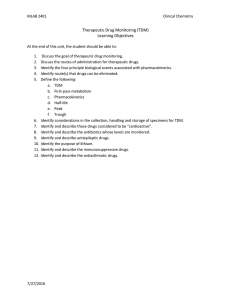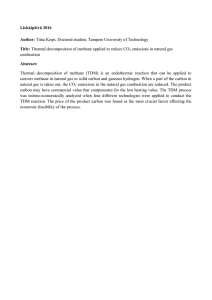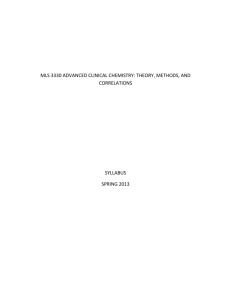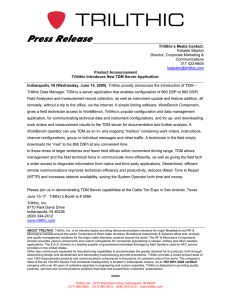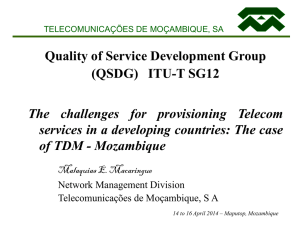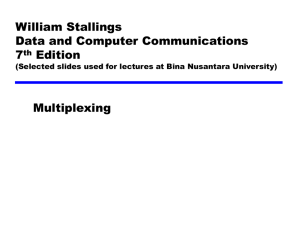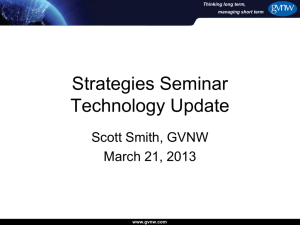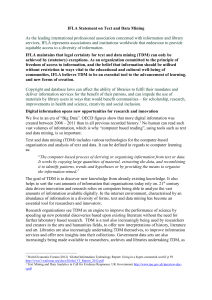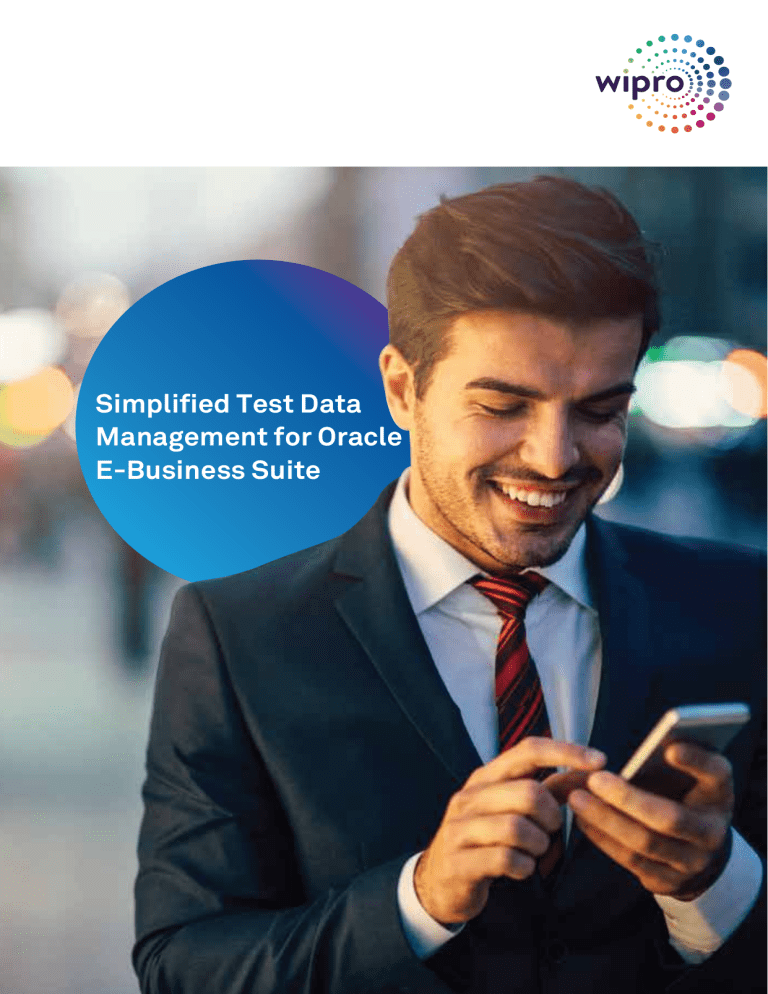
Simplified Test Data Management for Oracle E-Business Suite Packaged Application Testing teams are always looking for ways to optimize test efforts and production instances and by creating a subset of production data, the problem can be costs. In Packaged Application Testing like Oracle Apps Testing, the effort put into identifying qualified test data for processes such as Procure circumvented. In most cases, however, data privacy issues prevent access to live data. Therefore, we have the practice of Test Data to Pay and Order to Cash can be excruciating. This is done because no one wants data integrity constraints to impact process and transaction Management (TDM) to address the problem. The remit of the TDM team is to make the right data set available in the right combination, in the right accuracy. The best data can be found in format, at the right time and at the right place. The significance of Test Data Management and the challenges around the practice TDM is gaining traction in the Testing practice. TDM reduces the time taken in data collection, Turnaround time for data acquisition (mostly from development team) organizes the data and reduces defects in data. The tools used for TDM also help meet business process driven data requirements and manage data complexity. The test data—which is Master datai and Transactional dataii —is then used for the functional validation of test cases. The provisioned data must not be too large in quantity or small. But it can be provisioned by creating synthetic data through modification of the extracted production data. Today, TDM is implemented with the aid of well-defined processes, manual methods and platforms. However, the TDM team has several data sourcing challenges to address that could include: is huge Inadequate and incomplete test data requirements Test data sizing and planning not covered during test requirements phase No access to data sources Data provided may be chunks from production dumps and can be sensitive (unsuitable for business test cases) Corrupt data Lack of test data creation knowledge Inability to leverage partially utilized data Business logic of data relationship is missing with testers Huge volumes of data are needed in a short span of time The widespread benefits of TDM solutions TDM implementation can address most challenges, with several benefits: Quality: Optimal test data coverage and a reduction in data defects/corruption can be achieved by utilizing TDM solutions. By 2 analyzing data requirements early, the right data can be acquired (or synthesized) and by capturing data details in the planning phase, we can have version control and end-to-end traceability of data. Stringent data security policies help in data safety. Turnaround time: The right test data and Ease of use: This is among the most designs lead to faster execution cycles and attractive features of TDM—it doesn’t require improved time to market. GUI-based data tools assist in this while business process driven TDM solutions quickly identify the data expertise. Even normal functional teams, functional testers and automation tester can use the solution. right data sets. Optimized cost: TDM reduces costs by sinking test data creation efforts and minimizing data storage. TDM solution for functional testing Optimal test data: Test data should be a The challenges enumerated earlier are part of the everyday life of a function tester. Successful subset of production data. It should comprise implementation of TDM solutions and frameworks can alleviate most functional testing challenges and assure the completeness of data for all testing scenarios and be of minimal size to avoid hardware and software cost overheads. testing from a business perspective. In functional testing, TDM solutions are governed by numerous factors that include: Data requirements gathering process: Test coverage: Identification of all business scenarios—the data should contain positive scenarios, negative scenarios, boundary conditions scenarios, all functional flows, etc. Defined volume of data sets: There should be only one of every data set for each scenario identified. Data sets for repeated scenarios should be created at once to reduce effort. During test case preparation, data requirements should be documented and marked as reusable or non-reusable. This ensures that test data is well defined and documented. A simple cumulative of the same test data provisions the required test data. Feasibility check: TDM solutions are suitable for functional testing projects that invest over 15% of the testing efforts on data preparation and continuous regression testing across the release cycles. Reusability: Master data can be reused across test cases and common transactional data can be base lined so it can be reused during release testing. TDM solution to feed in test automation Test data creation is a challenge in test domain/functional knowledge. Implementing TDM automation. Often data has to be created quickly solutions helps overcome the challenge as it from the front end as there is a rapid burn of data during test runs and there is limited access to supports multiple iterations of dynamic data in short intervals. dynamic data. The data required for Test automation is usually created manually, or from user interface, or from data operations in the A quick overview of Oracle EBS TDM used for EBS projects shows how it can be leveraged for database. This is time-consuming and requires test automation. 3 A quick overview of Oracle EBS TDM used for EBS projects shows how it can be leveraged for Developed customized HTML pages for Oracle EBS applications test automation. Developed Excel Macros for synthetic data generation of test data Technology stack: Developed TDM tool using Oracle APEX software Developed SQL/PLSQL scripts to support test data for vanilla Oracle EBS applications. Extract suppliers, Requisitions & Manage extracted data through Import extracted Test Data to Test Env by integrating Test Data Pos to Excel filters & Macros in Excel with Automation Data Sheets Extract to excel Manage test data Load test data Data Validation Data Subset Production Gold copy / Non production SQL Scripts Synthetic Data Generation Automation Tool Test Environment Test Tool Integration PII Mask Pre-requisite: Oracle Apex to be installed on Client Server, which is free of cost. The Oracle EBS TDM tool addresses the needs of today’s application testing teams: It fetches Master data details (Chart of Account, Employee, Customers, Item, Supplier), Procure to Pay, Order to Cash, etc., from non-production instance based on organization ID or date range selected. It does not save data from non-production instance. It fetches data on the fly. If testers want a data set for reuse, that data view can be saved for later use. 4 It is interactive, GUI-friendly, and incorporates most of the Excel functionality. This makes it usable by anyone. It has a tab that can download Excel with macros for synthetic data generation. Synthetic data in Excel can be reused for functional testing purpose. For automation testing, Excel data in parameter form can be integrated with any automated tool like UFT, Selenium etc. and used. The benefits of the Oracle EBS TDM will appeal to testing teams facing an uphill task because it provisioning of data makes it simple to use. Our experience with the tool confirms that this can provisions data in the right format, reduces effort and cost by up to 40% and the quality of data is defect-free and immutable, reducing test cycles. overcome all the challenges that testers face today. Its intuitive user interface and roles-based About the Author Nagarjuna Revanasiddappa i Master data contains details of Supplier, Customers, Items, etc. ii Transactional data contains details of business processes like Procure to Pay and Order to Cash Global PAT Practice Head, Oracle Practice Naga brings 20+ years of experience in Packaged Application Testing and Solutions and helping clients drive better business outcomes on Quality & Cost on Enterprise Applications. He holds a Bachelor Of Engineering degree in Computer Science & Engineering from UBDTCE, Davangere. Wipro Limited Doddakannelli, Sarjapur Road, Bangalore-560 035, India Tel: +91 (80) 2844 0011 Fax: +91 (80) 2844 0256 wipro.com Wipro Limited (NYSE: WIT, BSE: 507685, NSE: WIPRO) is a leading global information technology, consulting and business process services company. We harness the power of cognitive computing, hyper-automation, robotics, cloud, analytics and emerging technologies to help our clients adapt to the digital world and make them successful. A company recognized globally for its comprehensive portfolio of services, strong commitment to sustainability and good corporate citizenship, we have over 175,000 dedicated employees serving clients across six continents. Together, we discover ideas and connect the dots to build a better and a bold new future. For more information, please write to us at info@wipro.com
